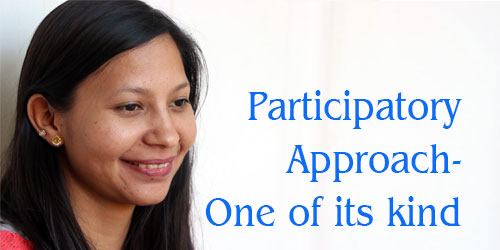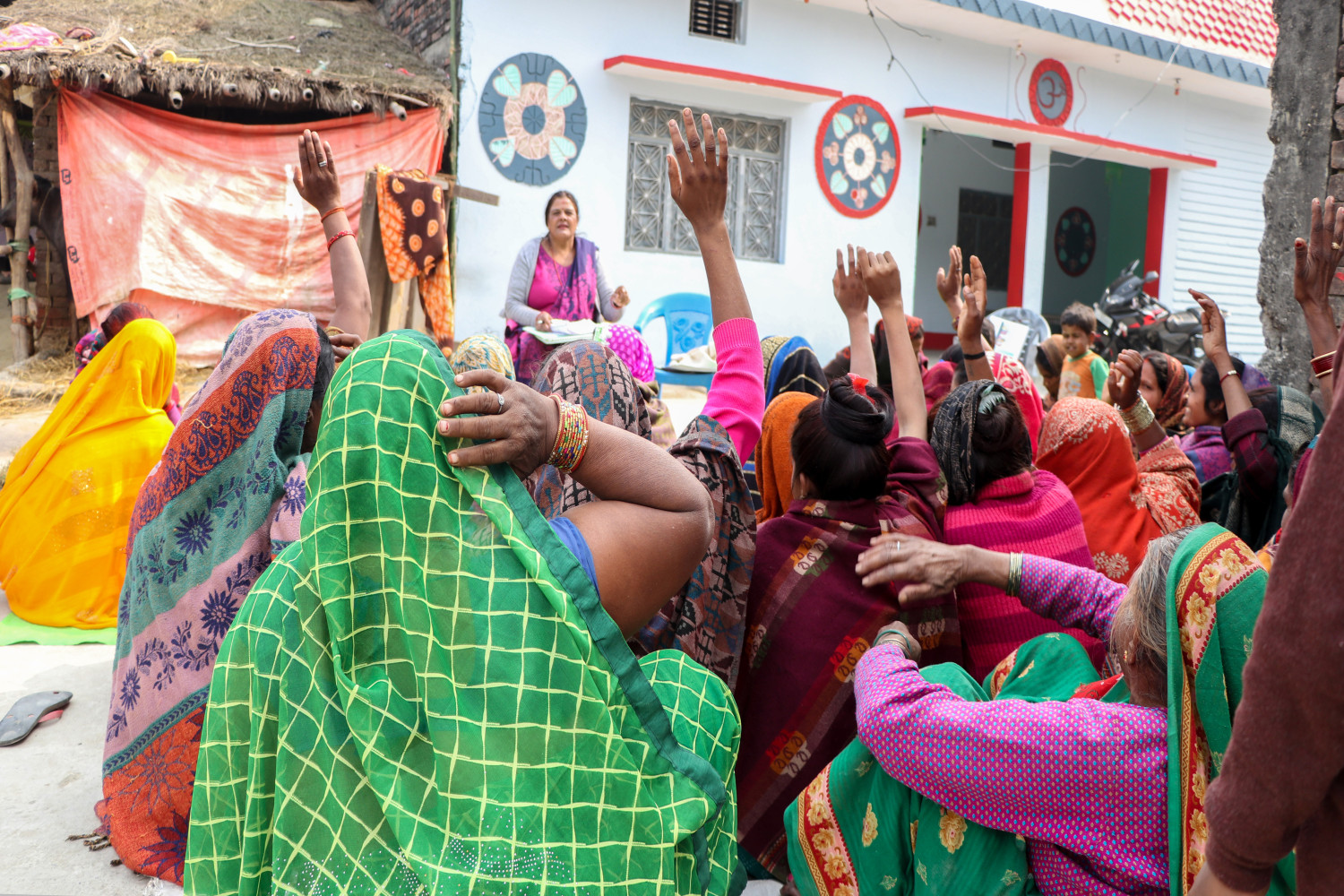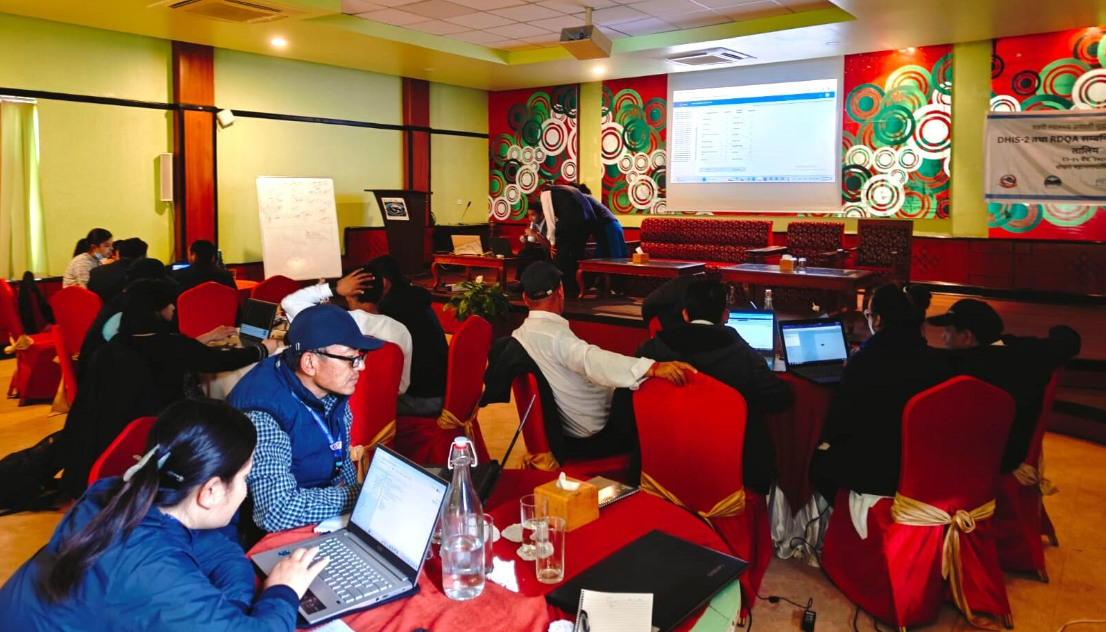I live in a joint family, where my father is 67 years old and my nephew is 4 years old. Both of them fall under vulnerable population for COVID-19 infection. In addition, both of them were very resistant and hesitant to follow the prescribed public health measure such as frequent handwashing for different reasons. My father has his own worldview for maintaining health and sanitation and was not readily adoptive to frequent handwashing and wearing masks whereas my nephew he does not know literally anything about this crisis, which is obvious given his age.
If I would have to choose two terms that I have been most repeatedly hearing in the last one yaer, that would be obviously ‘pandemic’ and ‘lockdown’. After the emergence of COVID-19 pandemic, these terminologies have been dominantly appearing both in oral and written forms in personal and professional life, from home to office, from an individual to mass.
Countries around the world adopted several recommended public health measures to control, prevent and treat COVID-19 cases. The situation is even direr in developing countries due to their weaker health systems and public health responses that are compounded with several other aspects of the respective countries and regions. Nepal shares similar situation and has been through parallel journey in this pandemic. Recently we have been suffering from second wave of COVID-19 pandemic. We worked from home for almost half a year last year following lockdown in different phases that started from March 2020. Recently, following emergence of second wave of COVID-19, government has imposed prohibitory measures.
This critical situation not only had posed the challenges at multiple levels i.e. individual, family, organization, system, country and the world but also reinforced different ways to live and continue lives for the people/professionals living across the globe. Many scholars and experts refer this situation as ‘New Normal’ around the world and in Nepal too. Working from home has been one of the ways of professional lives and ‘home’ including rented ‘flat’ has become a partial ‘office’ as well. This had not only set ‘new norms’ for professionals living across the world and but also demanded certain level of discipline and decency to continue official work from home. Further, in the countries like Nepal, it also seeks a level of cooperation and support from family –in terms of negotiating and allocating space to work and working towards creating conducive environment required for work
I remember a joke we used to make among friends and colleagues many years back. When I/we received free or complimentary copy of books from seniors or organizations, I used to mention that I do not have adequate or proper space to keep them in my place, where I live.
The emergence and spread of COVID-19 in Nepal too had posed challenges in almost all sector of country and changed the regular pattern of working styles as well. This has provided both opportunities and challenges for many including myself. In this short writing, I reflect on opportunities and challenges of working from home during lockdown period and succeeding days based on my last year’s experience which has recurred recently.
Opportunities and challenges
In the pre-COVID-19 days, I would mostly like to go to office to work for two simple reasons, which include (a) focus and concentrate to work and (b) allocate dedicated time to accomplish the assigned tasks to be completed individually or collectively. This would, I believe, help to complete the tasks on time and contribute to make myself as a better professional who could competently and professionally engage in the wider areas of medical anthropology, health system research, disability studies and development among others. Doing so could, in long run, could contribute in creating win-win situation for institution and individual. More importantly and ideally, this would lead us to bring positive changes in the sectors we are working with passionately.
On the other hand, emergence and spread of COVID-19 as pandemic and the subsequent lockdown to control the spread of COVID-19 across the country has challenged the regular ways of working style and delivery pattern of outputs. This changed my way of thinking and behavior as well. For instance, I had to tell my family members that I am not on leave, I need to complete professional tasks on deadline and stay connected with office and colleagues on regular basis.
On the contrary, I managed to handle work from home quite well despite some hurdles. With long struggle and frequent distraction at one hand and a level of fear being infected with COVID-19 on the other, I started to work from home with relatively better speed and focus. Nevertheless, it demanded efficient and good quality internet. I had to switch internet service provider to get rid from frequent disruption.
I live in a joint family, where my father is 67 years old and my nephew is 4 years old. Both of them fall under vulnerable population for COVID-19 infection. In addition, both of them were very resistant and hesitant to follow the prescribed public health measure such as frequent handwashing for different reasons. My father has his own worldview for maintaining health and sanitation and was not readily adoptive to frequent handwashing and wearing masks whereas my nephew he does not know literally anything about this crisis, which is obvious given his age.
While I started working from home, I realized living in a joint family is not only a privilege but also challenging as well. It is challenging particularly, when one needs relatively less noisy and less interrupted environment to continue office works. Gradually over the months, I began to work and accomplish assigned work comparatively with better speed and focus amidst frequent distractions and interruptions.
Several factors are responsible for this. A flexible approach and instant support from organization to use and access digital/online platform to its staff has been certainly an instrumental. Particularly for staff like myself, who lives 12-15 km way from office and does not use personal vehicle to commute, it makes better sense to work from home.
Further, as digital technology and online platform has become way of life and an integral part of profession; this has not only shrunk the physical world but also provided adequate opportunities for professionals to participate and attend meetings, webinars and engage and be informed on the ranges of debates and discussions in the areas of one’s professional engagement and interest.
On the other hand, this has challenged the conventional way of thinking of time, space and to the greater extent, working style and producing outputs.
Reflection and conclusion
Usually, crisis poses challenges to conventional way of thinking and regular way of living as well as working patterns and they call for different set of skills and strategies to adopt and evolve with the situation while living through such crisis. Moreover, these do not come automatically and easily. On the other hand, crisis also brings opportunities as well. However, willingness and level of dedication alone are not enough to grab opportunities and translate them into professional and personal growth. I have felt that several factors are responsible for creating conducive environment for making work from home practice meaningful and beneficial for institution and individual. Commitments and accountability towards self, and support from colleagues, family members and office is pivotal to make work from home more productive.
(The writer is a researcher associated with HERD International. Opinions expressed in this blog do not represent the views of HERD International)












Comments (0)
No comments found.